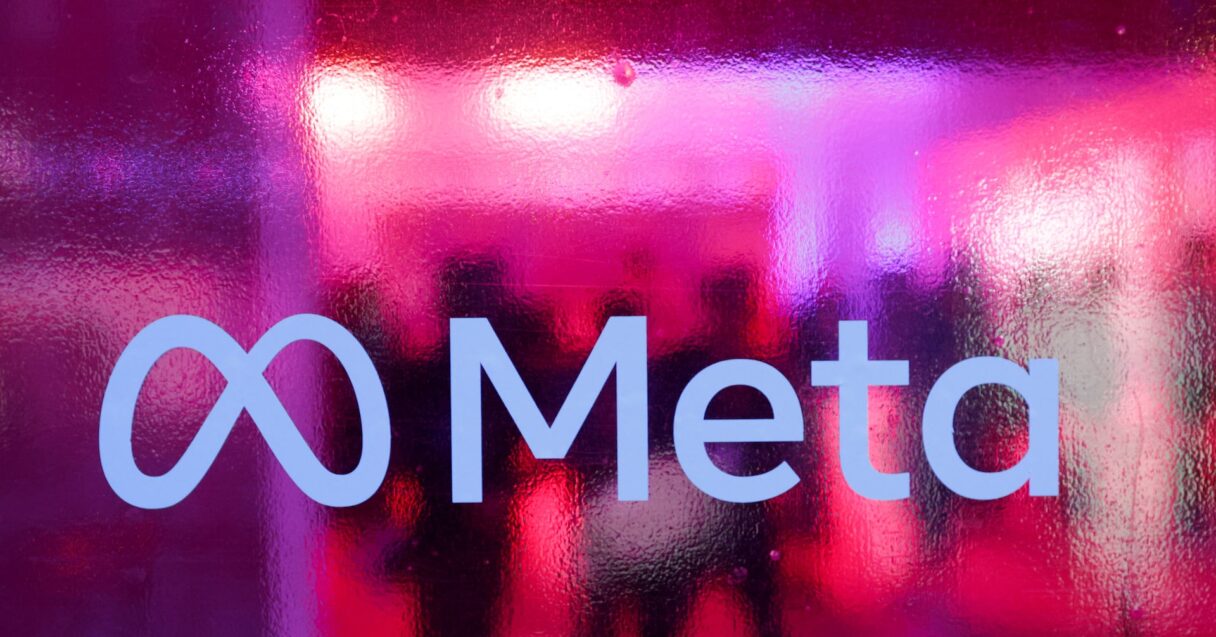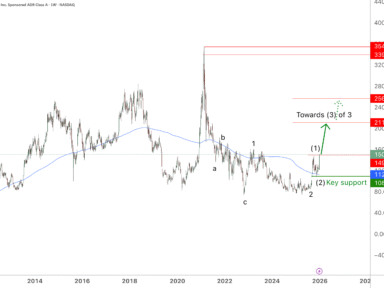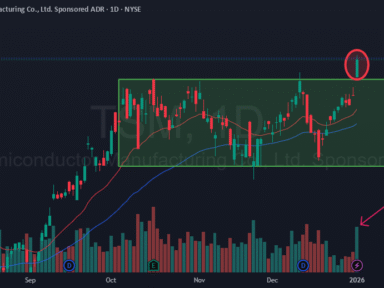Meta Accused of Burying Evidence of Social Media Harm: A Deep Dive
Meta, the parent company of Facebook and Instagram, is facing serious allegations that it actively concealed evidence demonstrating the harmful effects of its social media platforms, particularly on young users. Recent court filings, as reported by Reuters, suggest a deliberate effort to downplay internal research revealing a link between Instagram and mental health issues like depression and suicidal ideation. This article explores the details of these accusations, the potential legal ramifications, and what this means for the future of social media regulation. The core of the issue revolves around Meta’s responsibility in safeguarding its users, especially adolescents, from the potential dangers lurking within its platforms.
Internal Research Reveals Troubling Trends
According to the filings, Meta conducted extensive internal research – often referred to as “Project Insight” – into the impact of Instagram on its users. This research reportedly uncovered that a significant percentage of teenage girls experiencing body image issues directly linked those feelings to Instagram use. Even more alarmingly, the studies indicated a connection between Instagram and increased rates of depression and suicidal thoughts among vulnerable young people.
The allegations center on Meta’s handling of this research. Instead of proactively addressing these concerns, the lawsuits claim the company actively worked to bury the findings, minimizing their public exposure and continuing to prioritize growth and engagement metrics. This included, allegedly, downplaying the severity of the issues in public statements and reports. The plaintiffs, a coalition of states and individuals, argue that Meta knew its platform was harmful, yet failed to take adequate steps to protect its users. They contend that this constitutes a breach of duty and a deliberate attempt to mislead the public. The research isn’t just a collection of statistics; it represents real struggles of young people navigating a complex digital world. It also highlights the ethical responsibilities of tech giants when their products demonstrably impact mental wellbeing.
Legal Battles and Regulatory Scrutiny
The accusations leveled against Meta are part of larger antitrust and consumer protection lawsuits brought by dozens of states. These lawsuits aim to dismantle Meta’s dominance in the social media landscape and force the company to change its practices. The revelation of allegedly suppressed research has significantly bolstered the plaintiffs’ case, painting a picture of a company prioritizing profits over the safety of its users.
The legal challenges are multifaceted. States are arguing that Meta illegally acquired competitors like Instagram and WhatsApp to stifle competition, while consumer protection claims focus on the company’s alleged deceptive practices regarding the harmful effects of its platforms. The legal teams are now pushing for greater transparency from Meta, demanding access to all internal documents related to the research on Instagram’s impact on mental health. Beyond the direct legal battles, the allegations are drawing increased regulatory scrutiny from lawmakers and government agencies. The Federal Trade Commission (FTC), for instance, is likely to re-examine Meta’s data privacy practices and its commitment to protecting children online. Similar cases and concerns are prompting discussions about the need for stronger regulations governing social media platforms, including requirements for independent safety audits and greater transparency in algorithmic design. You can find more information about current FTC actions regarding social media at the official FTC website.
The Future of Social Media Accountability
The Meta case is a watershed moment, potentially setting a precedent for how social media companies are held accountable for the harms caused by their platforms. If the allegations are proven true, it could lead to substantial financial penalties, forced changes to Meta’s business practices, and a broader re-evaluation of the industry’s self-regulatory approach.
The implications extend far beyond Meta. Other social media platforms, like TikTok and Snapchat, are facing similar scrutiny regarding their impact on young people’s mental health. This growing pressure is pushing the industry to proactively address these concerns, with some platforms introducing new features designed to promote wellbeing, such as time management tools and content filtering options. However, critics argue that these measures are often insufficient and that more fundamental changes are needed, including greater transparency in algorithmic amplification of potentially harmful content. The debate centers around whether social media companies should be considered publishers – responsible for the content on their platforms – or simply neutral conduits of information. This distinction has significant legal ramifications, as publishers face greater liability for harmful content.
Conclusion
The accusations against Meta represent a critical turning point in the conversation surrounding social media’s impact on society. Whether these allegations hold up in court remains to be seen, but they have already sparked a much-needed debate about the ethical responsibilities of tech companies and the need for stronger regulation. This case serves as a stark reminder that the pursuit of innovation and profit must be balanced with a commitment to protecting the wellbeing of users, especially the most vulnerable among them. The future of social media hinges on its ability to demonstrate genuine accountability and prioritize safety over engagement.
FAQ
What is “Project Insight” mentioned in the article?
Project Insight was Meta’s internal research initiative focused on understanding the impact of Instagram on its users’ mental health, particularly teenage girls.
What specifically is Meta accused of doing with the research from Project Insight?
Meta is accused of deliberately suppressing and downplaying the findings of Project Insight, which revealed links between Instagram use and increased rates of depression, anxiety, and suicidal thoughts, particularly among young people.
Are these accusations part of a larger legal case against Meta?
Yes, they are part of antitrust and consumer protection lawsuits brought by multiple states, aiming to address Meta’s market dominance and alleged deceptive practices.
What could be the potential consequences for Meta if found guilty?
Potential consequences include significant financial penalties, forced changes to its business practices, and increased regulatory scrutiny from government agencies like the FTC.
What is the significance of the debate over whether social media companies should be considered “publishers” or “neutral conduits”?
The classification impacts legal liability. If considered publishers, social media companies would be more responsible for the content hosted on their platforms and could be held accountable for harmful content. If considered neutral conduits, their liability is far more limited.
What are some steps social media companies are taking to address these concerns?
Some platforms are introducing features like time management tools, content filtering options, and increased awareness campaigns about mental health. However, critics argue these steps are often insufficient.

















How would you rate Meta buried causal evidence of social media harm, US court filings allege?